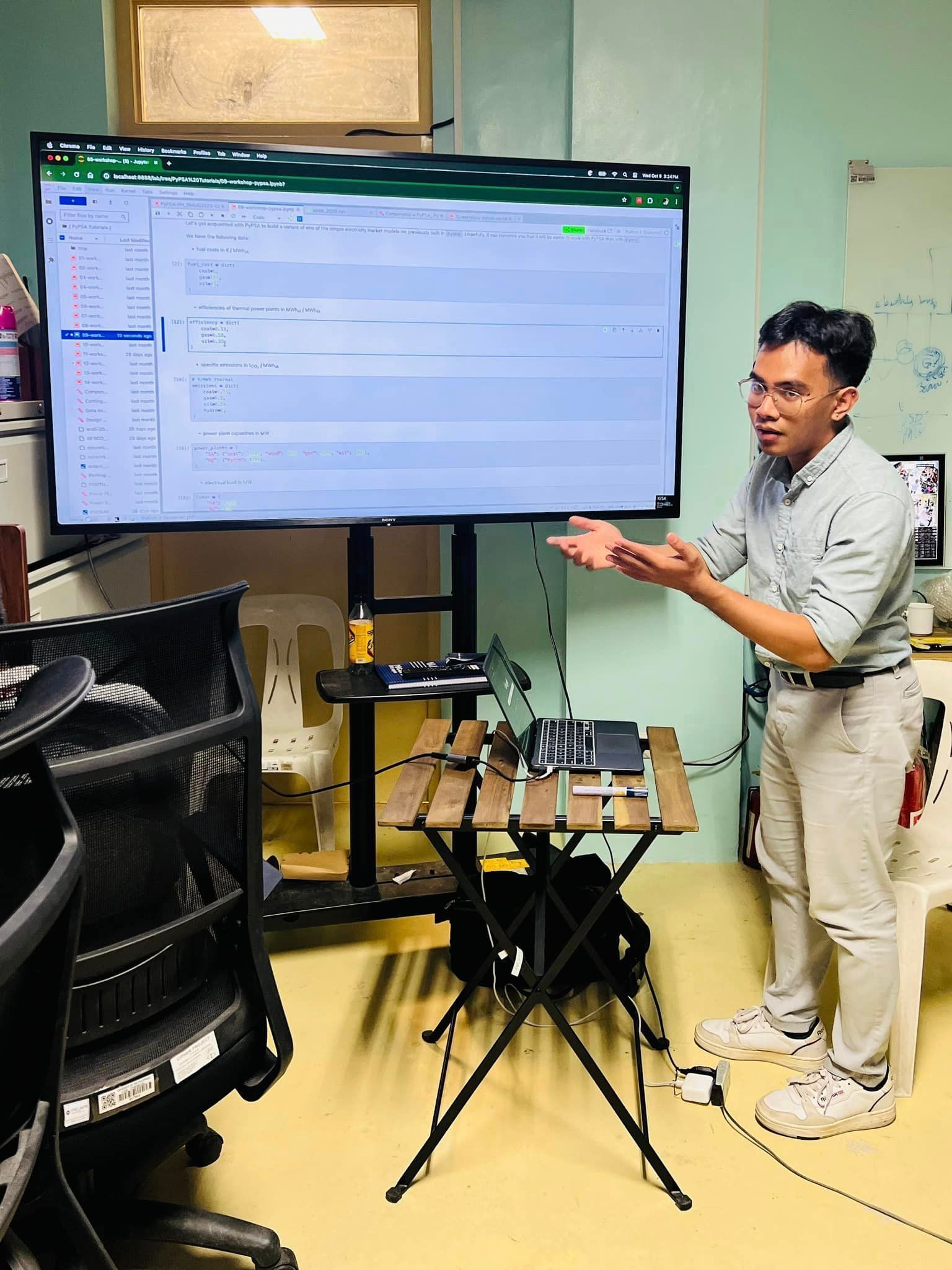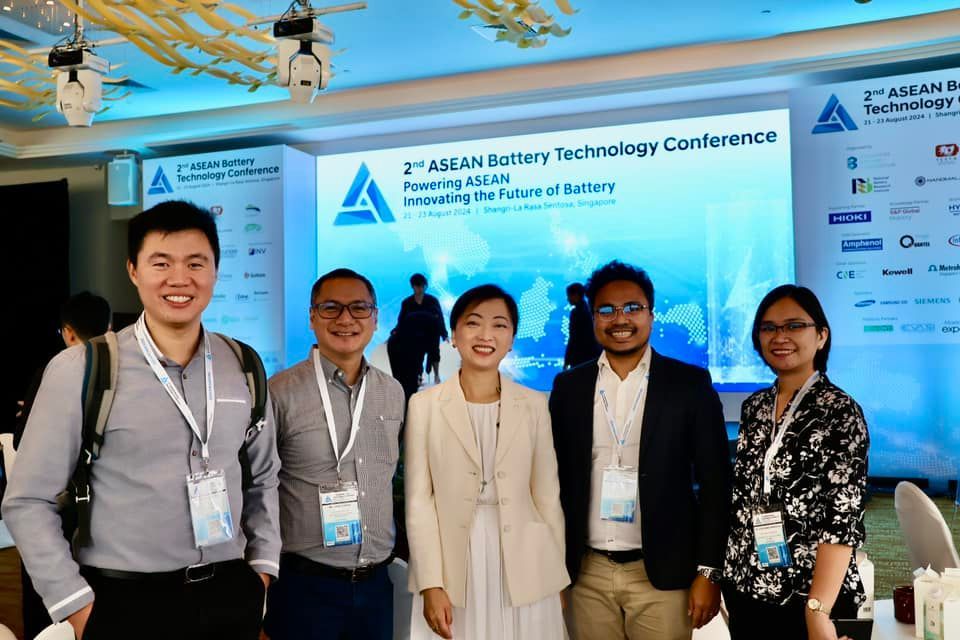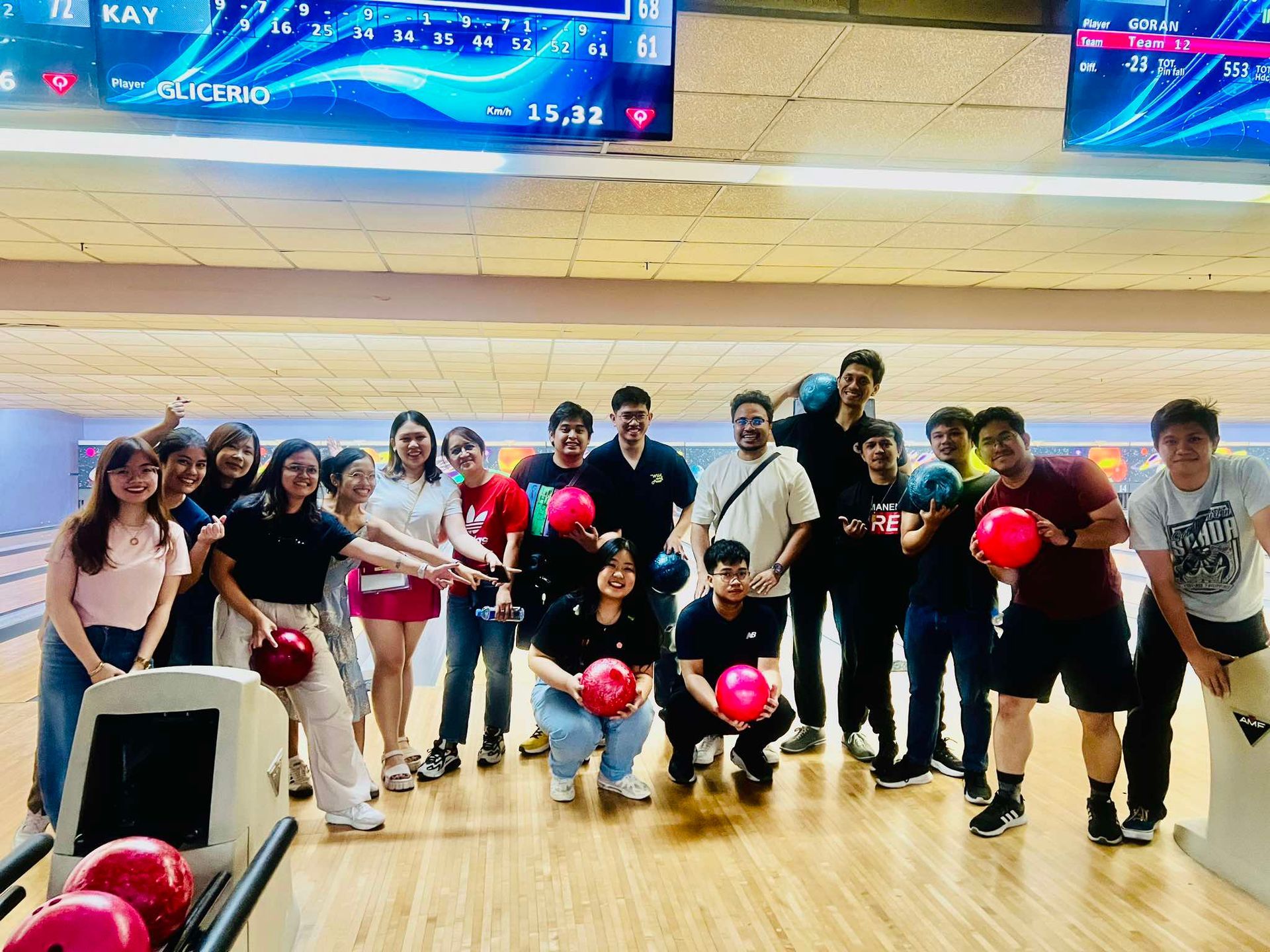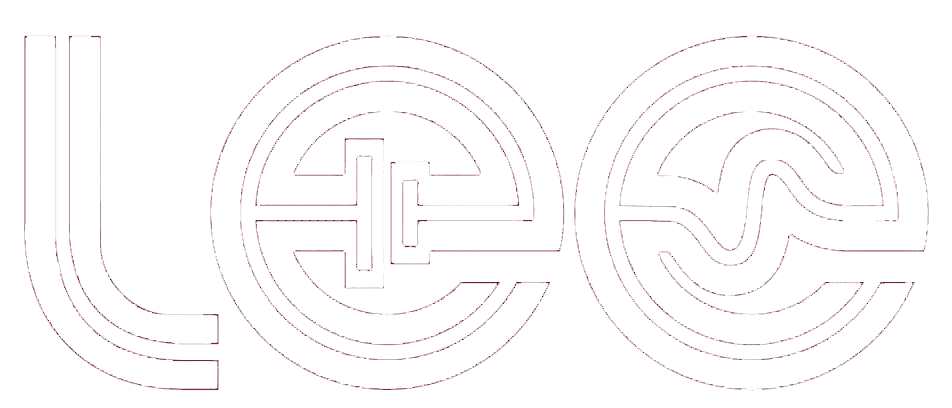LEE members attends SEECON 2018 in Cebu City
Mr. Eugene Esparcia, Jr. and Mr. Michael Castro attended the Sustainable Energy Ecosystems International Conference (SEECON) 2018 held in Waterfront Cebu City Hotel at Lahug, Cebu City, Philippines last October 24 to 26, 2018. SEECON 2018 is mainly sponsored by the Center for Research in Energy Systems and Technologies of the University of San Carlos in Cebu City, Philippines, which is one of the local collaborators of the Laboratory. The conference is also co-located with 1 st Philippine International Microgrid Exhibition and Conference (PIMEC) which the microgrid developers gathered for networking and exchange of experience within the industry.
The conference theme is “Energy Access and Energy Efficiency Towards Sustainable Energy Ecosystems for Urban, Rural, and Island Communities”. In the conference, the status of energy access and equity in the off-grid areas in the Philippine were discussed with high regard on social dimension of energy access in order to achieve real sustainability. Since the Philippines is at high risk for climate change-related disasters, climate change mitigation and resiliency strategies were also emphasized. New innovations and trends on microgrids and hybrid energy systems technologies were discussed for awareness and generation of potential research track that the Philippines can embark. Case studies on current deployment of microgrids in the Philippines were discussed to learn from experiences for future reference.
Mr. Esparcia presented his work entitled “A Classification of Off-grid Philippine Islands – A Cluster Analysis Approach for Rapid Renewable Energy Transition” with University of Kassel (Dr. Henning Meschede) and University of Freiberg (Mr. Peter Holzapfel) from Germany, and from the Department of Geodetic Engineering (Dr. Ariel Blanco and Ms. Ma. Rosario Ang) of University of the Philippines – Diliman. Dr. Meschede and Mr. Holzapfel are one of many international collaborators of the Laboratory. The work focuses mainly on the hastening the deployment of microgrids by classifying the off-grid islands in the Philippines. The results show that there are 54 types of islands in the Philippines among the 502 islands that were selected. Mr. Esparcia hopes his work will help bridge the persistent academe-industry gap and will help fellow Filipinos in these areas have improve their standard of living.
Mr. Castro presented his work entitled “Development of an Open-Source Off-grid Island Energy System Optimization Tool with Cost Projecting Analysis” under the supervision of Dr. Joey Ocon. The Island Systems LCOEmin Algorithm (ISLA) was mainly developed by Mr. Castro which focuses on development of robust open-source tool which can be accessible to all end-users since purchasing of commercial software are very prohibitive. The results were validated using the commercial software for optimization with relatively better sizing and analysis since non-ideality of the system were accounted such as battery models and system reliability. Participants from other universities in the Philippines and in Indonesia were very interested on using the open-source software. Mr. Castro hopes to include additional features in ISLA to make the tool more flexible and robust and hopes that many people can benefit from the open-source tool.





